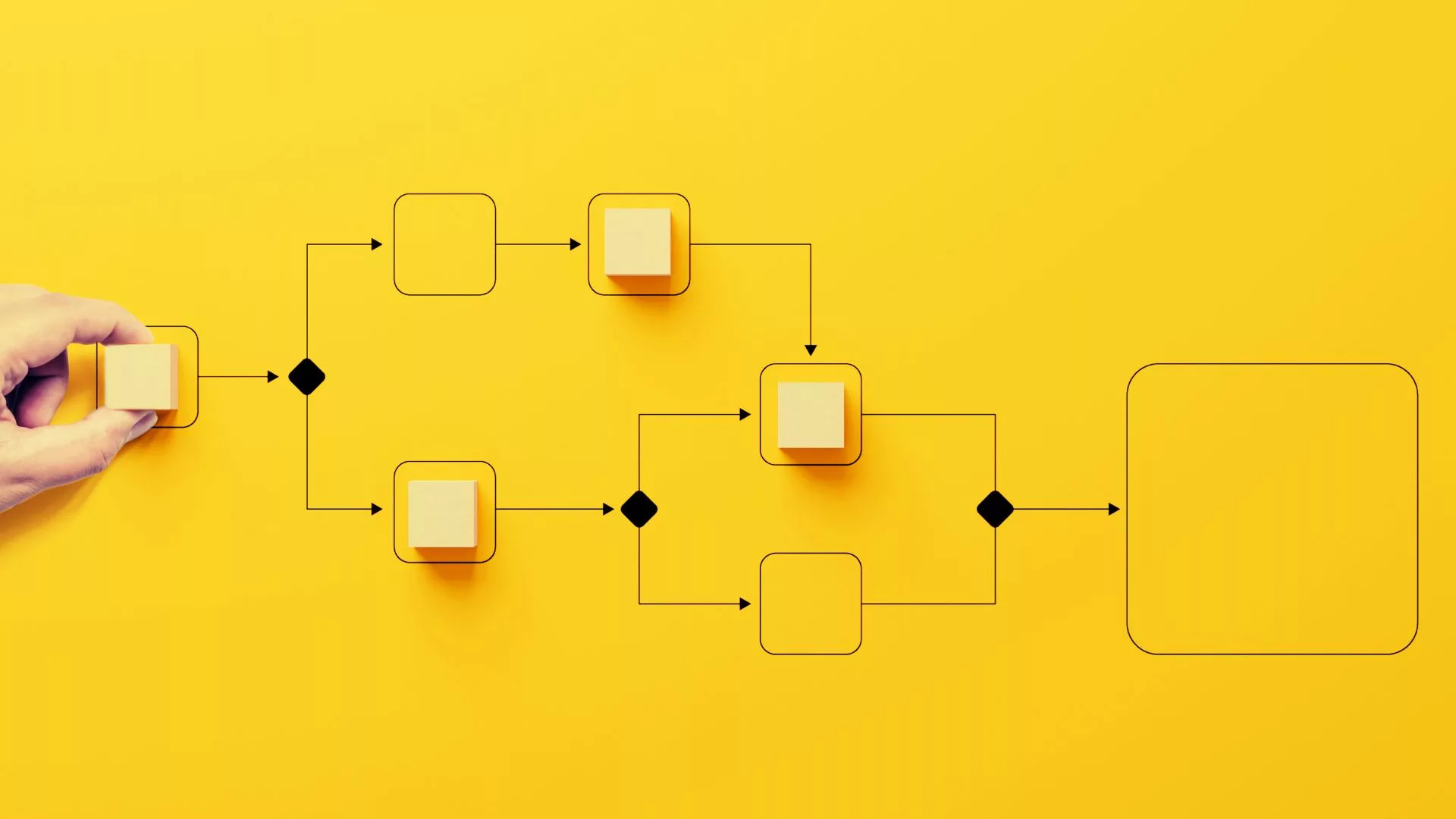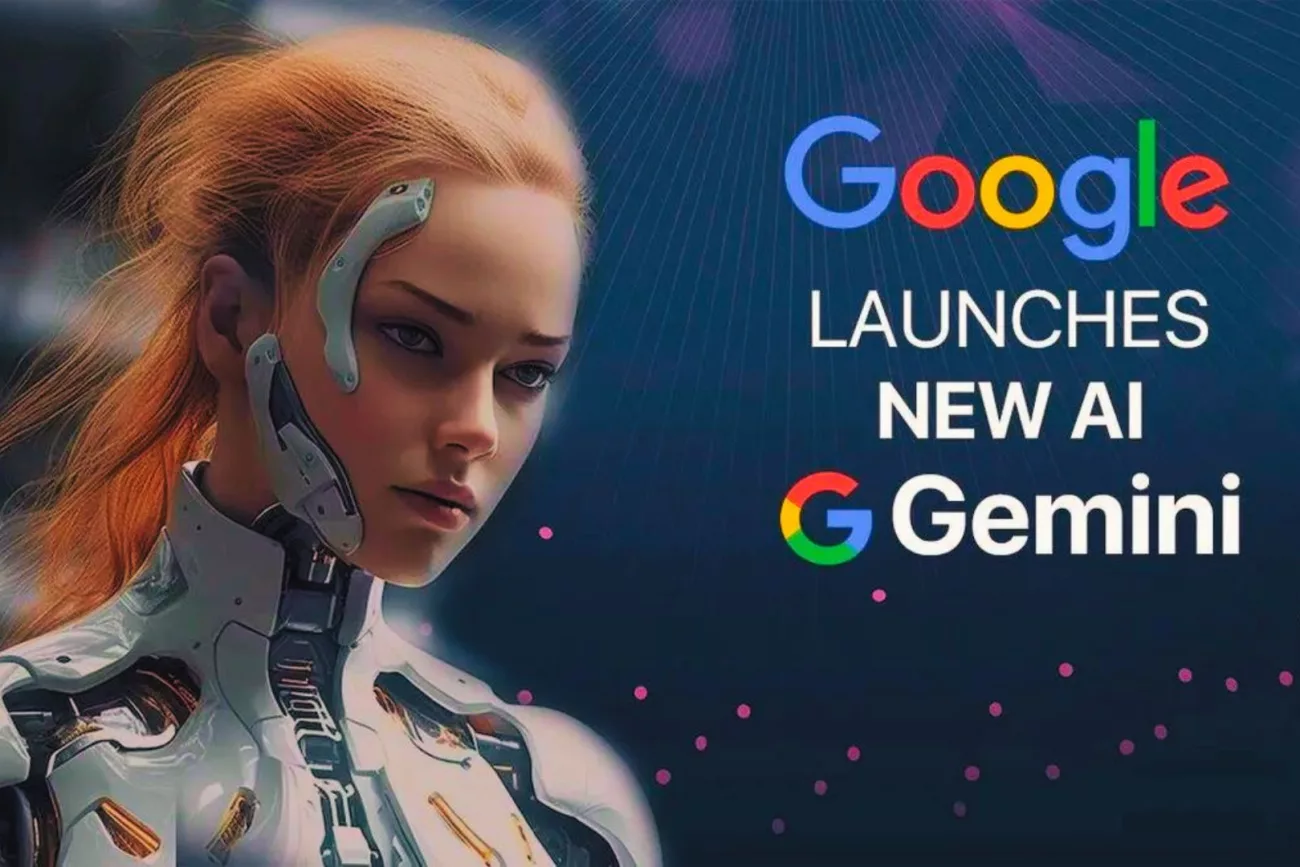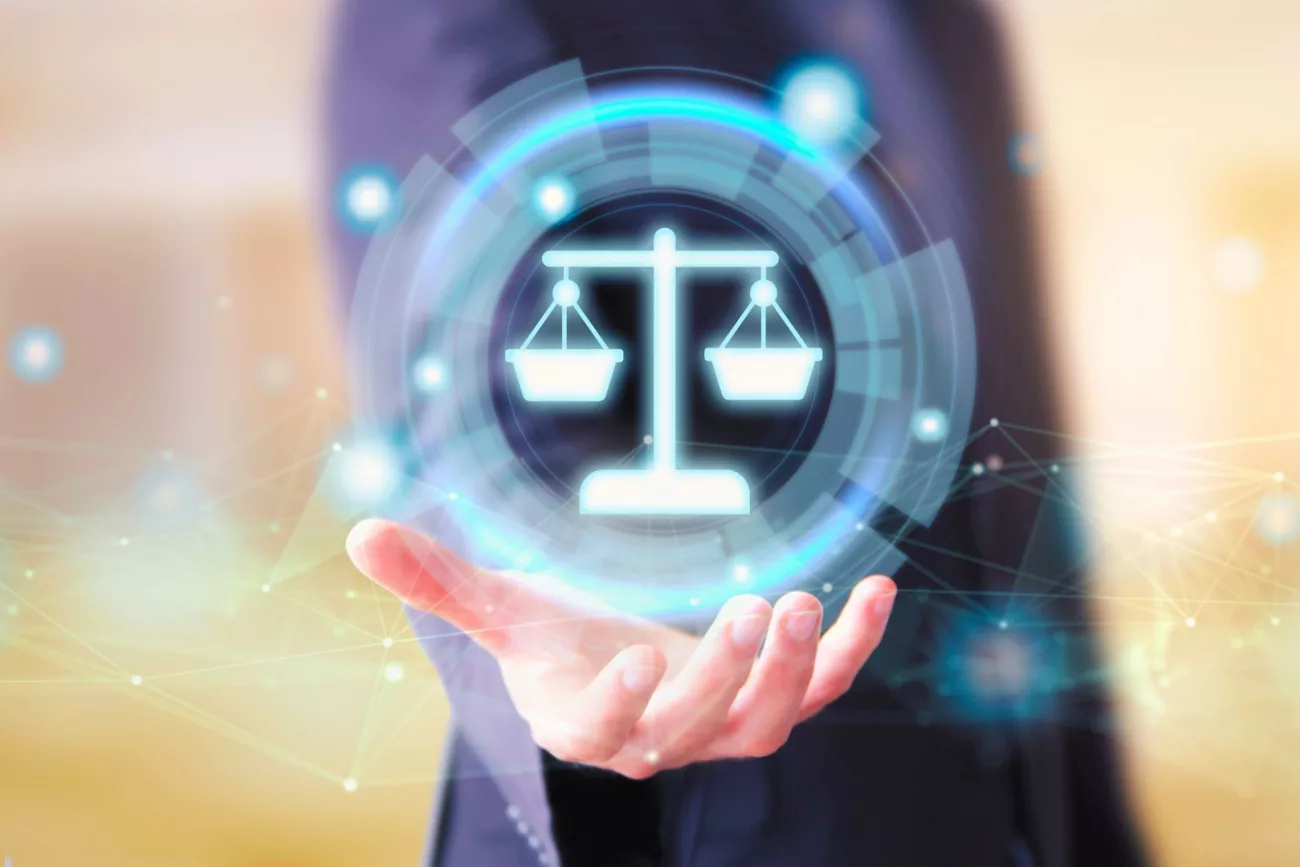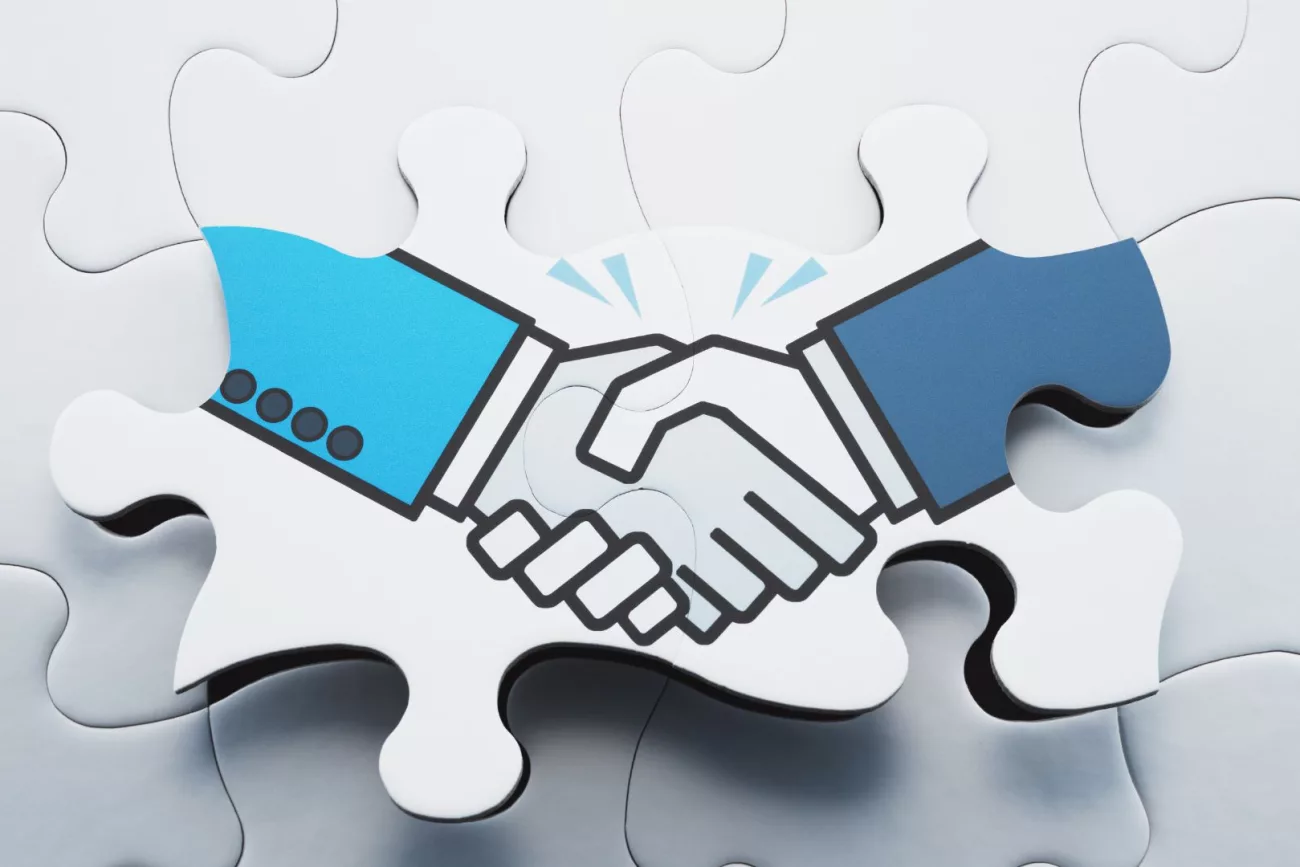
Key Insights
- AI Revolution in Law: Integreon's integration of Leah Legal Copilot symbolizes a major shift, blending AI efficiency with legal tradition.
- Navigating Ethical AI Use: The legal field faces challenges in balancing AI advantages with ethical practice and data privacy concerns.
- The Human-AI Synergy: AI tools like Leah enhance legal tasks while requiring lawyers to maintain crucial human judgment and ethics.
- Future of Legal Services: Continuous adaptation and ethical considerations are key as AI reshapes the legal landscape.
Overtime Attorney Magic: Claim Your Fair Pay Now! ⚖️💰
Mike Ruggles Founder & CEO Instagram Linkedin Follow me on Instagram & LinkedIn for exclusive
Shocking Crypto Legal Dramas Exposed: How They Impact YOU!
Blockchain and Cryptocurrency Key points: Varying global regulations impact innovation and investment in blockchain and
Tech Tsunami: Paralegals Riding the Wave of Digital Chaos!
Key Points: Technology is revolutionizing the legal profession, making tech-savviness a crucial skill for paralegals.
Integreon Revolutionizes Legal Industry as First ALSP to Adopt Generative AI with ContractPodAi’s Leah Legal Copilot
Welcome to a groundbreaking chapter in legal history, where artificial intelligence (AI) is not just an accessory but a game-changer. Integreon‘s bold move to integrate ContractPodAi’s Leah Legal Copilot marks a seismic shift in the legal landscape. This innovative partnership transcends conventional boundaries, ushering in an era where AI doesn’t just support but spearheads legal processes.
The AI Revolution: Balancing Efficiency and Tradition
Envision a world where routine legal tasks are executed with unprecedented efficiency and accuracy, thanks to AI. Integreon’s adoption of AI technology promises time-saving and precision, but it’s not without its share of controversies. Traditionalists in the legal field raise an eyebrow, questioning if AI can genuinely replicate the depth of human judgment and emotional intelligence inherent in legal practice. As Integreon strides forward as a trailblazer, it ignites a crucial debate: is the future of law about blending technology with tradition, or are we witnessing a complete overhaul of how legal services are delivered?
The integration of AI in legal services is more than a technological leap; it’s a philosophical and practical reshaping of the industry. As we delve deeper into this transformation, we find ourselves at the crossroads of innovation and ethics, efficiency and empathy. The journey ahead is as exciting as it is unpredictable, challenging the very core of legal practices as we know them.
eDiscovery Services: Elevate Your Legal Advantage
Empower legal strategies with eDiscovery services. Enhance risk mitigation, decision-making, and compliance with cutting-edge data
Top General Practice Attorney Near Me: Hire The Best!
Mike Ruggles Founder & CEO Instagram Linkedin Follow me on Instagram & LinkedIn for exclusive
Revolutionizing Solo Practice: Legal Tech’s New Era
Discover the ultimate guide to legal case management software. Boost efficiency, security, and client satisfaction
The AI-Led Legal Future: Navigating Uncharted Waters
Integreon’s adoption of Leah Legal Copilot by ContractPodAi is more than just a technological upgrade; it’s a foray into a new frontier where AI drives legal services. This bold move is laden with potential yet fraught with uncertainties and ethical considerations. The integration of AI in legal practice isn’t a mere enhancement; it’s a paradigm shift, challenging traditional norms and raising profound questions.
Balancing Tech and Ethics in AI-Driven Legal Services
- Ethical Considerations: The reliance on AI in legal matters brings ethical dilemmas to the fore. Can AI, with its algorithmic logic, uphold the nuanced principles of justice and fairness?
- Complex Judgments: Legal decisions often involve complex human emotions and ethical judgments. How well can AI navigate these intricate waters? There’s a growing concern over AI’s ability to deal with the subjective aspects of legal decision-making.
Practical Implications of AI Legal Assistants
- Transforming Routine Tasks: Leah Legal Copilot exemplifies how AI can streamline tasks like contract analysis and redlining. This efficiency is a boon, but it also introduces new dynamics in the legal workplace.
- Adapting to an AI-Augmented Environment: Legal professionals are now faced with the challenge of adapting to a workplace where AI plays a significant role. This shift demands new skills and a reevaluation of traditional legal roles and processes.
- Training for the Future: To harness the full potential of AI tools like Leah, legal practitioners must receive adequate training. This includes understanding the capabilities and limitations of AI in legal contexts.
The Big Picture: AI in Legal Practice
- Potential and Pitfalls: The integration of AI like Leah Legal Copilot in legal services offers tremendous potential for efficiency and innovation. However, it’s crucial to be aware of the pitfalls, particularly regarding ethical concerns and the loss of personal touch in legal proceedings.
- Future-Ready Lawyers: As the legal landscape evolves with AI, lawyers need to be future-ready. This means embracing technology while retaining the core values and skills that define the legal profession.
- Continuous Evolution: The field of AI in legal services is continuously evolving. Staying informed and adaptable is key to navigating this new terrain successfully.
The AI-led legal future is a complex mix of promise and challenge. As we embrace this technological evolution, it’s imperative to balance the benefits of AI with the timeless values of the legal profession. The journey ahead is as much about technological advancement as it is about ethical responsibility and adaptability.
The Human Element: Navigating the AI-Legal Landscape
In the rapidly evolving legal sector, AI tools like Leah Legal Copilot are reshaping the role of legal professionals. Rather than being a harbinger of obsolescence for lawyers, AI represents a shift towards a new era of legal practice. Here’s a deeper dive into how legal professionals can harmonize AI’s capabilities with indispensable human expertise.
The Synergy of AI and Human Judgment
- Complementary Strengths: AI brings unmatched efficiency in data processing and pattern recognition, but it lacks the nuanced understanding and ethical judgment inherent in human lawyers. The goal is to leverage AI for its strengths while retaining the critical human touch in legal decision-making.
- Ethical Safeguards: With AI’s growing influence, ensuring ethical use of technology becomes paramount. Lawyers must navigate the ethical implications of using AI, ensuring it aligns with legal standards and client interests.
- Interpersonal Skills: While AI can process legal documents and data, it cannot replace the empathetic and interpersonal skills essential in legal practice. Lawyers must continue to hone these skills to maintain the trust and confidence of their clients.
Transforming Legal Education with AI
- Revolutionizing Learning: The introduction of AI tools like Leah into legal education is transforming how law is taught and learned. AI can offer personalized learning experiences, simulate complex legal scenarios, and provide real-time feedback, making legal education more interactive and practical.
- Preparing for an AI-Driven Future: Law schools and CLE programs are increasingly integrating AI into their curriculums. This integration prepares future lawyers for an AI-augmented workplace, equipping them with the skills to work alongside AI effectively.
- The Debate Over Traditional Methods: As AI continues to advance, a debate emerges about the relevance of traditional legal education methods. Some argue for a complete overhaul of legal education to focus more on technology, while others advocate for a balanced approach that combines traditional legal teachings with modern tech-driven insights.
The Way Forward: Balancing Tech and Tradition
- Navigating the AI Transition: Legal professionals must navigate this transition by embracing AI for its efficiency and analytical power while preserving the human elements that define the legal profession – empathy, ethical judgment, and interpersonal skills.
- Adapting to Change: The legal industry must adapt to this shift, ensuring that AI is used as a tool to enhance, not replace, the human elements of legal practice.
- Continual Learning and Adaptation: As AI technologies evolve, so too must legal professionals. Ongoing education and adaptation to new tools will be crucial in maintaining relevance and effectiveness in the legal field.
The integration of AI in law is not a zero-sum game where technology replaces human expertise. Instead, it’s an opportunity for legal professionals to enhance their capabilities, offering more efficient and insightful services while maintaining the human touch that lies at the heart of the legal profession.
3 Things You Must Ask Before Hiring a Personal Injury Lawyer Colorado Springs!
If you’ve suffered a personal injury in Colorado Springs, it’s important to hire an experienced
Generative AI Harvey Raises a Whopping $21 Million in Series A – You Won’t Believe How It’s Changing the Game
Key Points: Generative legal AI Harvey raises $21 million in Series A, revolutionizing legal research,
Copilot AI in Windows 10: Legal Tech Revolution?
Explore how Microsoft’s Copilot AI in Windows 10 could reshape legal practice. A tech breakthrough
Ethical Considerations and AI in Law
The integration of AI in law, as exemplified by Integreon’s use of ContractPodAi’s Leah Legal Copilot, has ushered in significant ethical considerations. The legal profession, grounded in principles of justice and fairness, faces new challenges with AI’s rise.
Navigating Ethical Dilemmas
- Data Privacy Concerns: AI in legal practices hinges on vast data usage. Ensuring client confidentiality and data protection is paramount. Lawyers must navigate these concerns, ensuring compliance with data privacy laws and regulations.
- AI Bias and Fairness: AI algorithms, built on historical data, can inherit biases. Legal professionals must be vigilant in identifying and mitigating these biases to prevent unfair outcomes.
- Transparency in AI Decision-Making: The “black box” nature of some AI systems can obscure how decisions are made. Lawyers must strive for transparency, understanding how AI tools arrive at conclusions and ensuring these processes align with legal standards.
- Lawyer Responsibility with AI Tools: Lawyers must understand the capabilities and limitations of AI tools they use. Ethically, they cannot solely rely on AI for legal decisions but must use these tools as aids in their informed judgment.
Regulatory Frameworks and Guidelines
- Developing AI Guidelines: Legal bodies and regulatory agencies are increasingly focusing on developing guidelines and frameworks to govern the use of AI in legal practices. These guidelines aim to ensure ethical usage while harnessing AI’s benefits.
- Expert Opinions and Best Practices: Legal tech experts and ethicists are contributing to the conversation, providing insights on best practices for ethically integrating AI in legal work.
Embracing the AI Revolution with Caution
As the legal industry observes Integreon’s pioneering move, it’s evident that AI’s role in legal services is evolving rapidly. While there’s excitement about AI’s potential to enhance legal services, there’s also a need for caution.
The Future Landscape
- Balancing Innovation and Ethics: Law firms and legal professionals are tasked with finding a balance between leveraging AI for innovation and maintaining the ethical standards of the legal profession.
- Continued Learning and Adaptation: Staying informed about AI developments and their ethical implications is crucial. Continuous learning will be key to adapting to this evolving landscape.
- Community Engagement and Discussion: Active participation in industry discussions around AI’s role in law will help shape a future where technology and ethics coexist harmoniously.
The AI revolution in legal services is not just about technological advancement; it’s about reshaping the industry while upholding its foundational principles. As we move forward, the focus will be on embracing AI’s potential responsibly, ensuring that it enhances rather than compromises the integrity of legal services.
👩⚖️🤖📚 Stay Informed: Join our community to explore the intersection of AI and law. Subscribe to our newsletter for the latest updates, insights, and discussions on how AI is transforming the legal landscape. Be part of the #AILegalRevolution and contribute to shaping the #FutureOfLaw. 🚀🔍
Share this post
Frequently Asked Questions (FAQs)
Q: What is Leah Legal Copilot?
A: Leah Legal Copilot, developed by ContractPodAi, is an AI-powered legal assistant enhancing efficiency in legal tasks like contract analysis and redlining.
Q: How is Integreon transforming legal services?
A: Integreon is revolutionizing legal services by adopting Leah Legal Copilot, integrating AI to lead and streamline legal processes.
Q: What are the ethical considerations of using AI in law?
A: Ethical concerns include data privacy, AI bias, transparency in AI decision-making, and the responsibility of lawyers in using AI tools.
Q: Can AI replace human judgment in law?
A: AI is designed to augment, not replace, human legal expertise, especially in areas requiring ethical judgment and interpersonal skills.
Q: How is AI affecting legal education?
A: AI is transforming legal education by offering interactive learning experiences and preparing future lawyers for an AI-augmented legal landscape.















